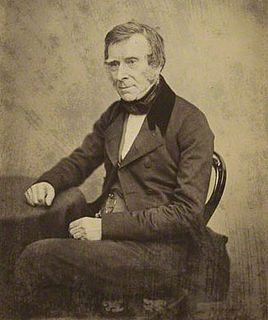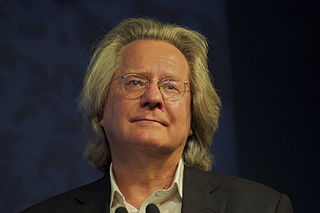A Quote by Isaac Asimov
We all know we fall. Newton's discovery was that the moon falls, too-and by the same rule that we do.
Related Quotes
The act of imagination is the opening of the system so that it shows new connections. Every act of act of imagination is the discovery of likenesses between two things which were thought unlike. An example is Newton’s thinking of the likeness between the thrown apple and moon sailing majestically in the sky. Hence, the ‘discovery’ of the laws of gravity.
There was just one moon. That familiar, yellow, solitary moon. The same moon that silently floated over fields of pampas grass, the moon that rose--a gleaming, round saucer--over the calm surface of lakes, that tranquilly beamed down on the rooftops of fast-asleep houses. The same moon that brought the high tide to shore, that softly shone on the fur of animals and enveloped and protected travelers at night. The moon that, as a crescent, shaved slivers from the soul--or, as a new moon, silently bathed the earth in its own loneliness. THAT moon.
If the moon and earth were not retained in their orbits by their animal force or some other equivalent, the earth would mount to the moon by a fifty-fourth part of their distance, and the moon fall towards the earth through the other fifty-three parts, and they would there meet, assuming, however, that the substance of both is of the same density.
The seers of ancient India had, in their experiments and efforts at spiritual training and the conquest of the body, perfected a discovery which in its importance to the future of human knowledge dwarfs the divinations of Newton and Galileo , even the discovery of the inductive and experimental method in Science was not more momentous.
It is attention, more than any difference between minds and men.-In this is the source of poetic genius, and of the genius of discovery in science.-It was that led Newton to the invention of fluxions, and the discovery of gravitation, and Harvey to find out the circulation of the blood, and Davy to those views which laid the foundation of modern chemistry.
You'll remember Newton was furious at Leibniz, because he developed calculus at the same time. And he went to his death believing that he had copied him. And no, it's because all the elements were there, so it's almost inevitable that the next discovery - as long as people are free and allowed to experiment and try new things.





































